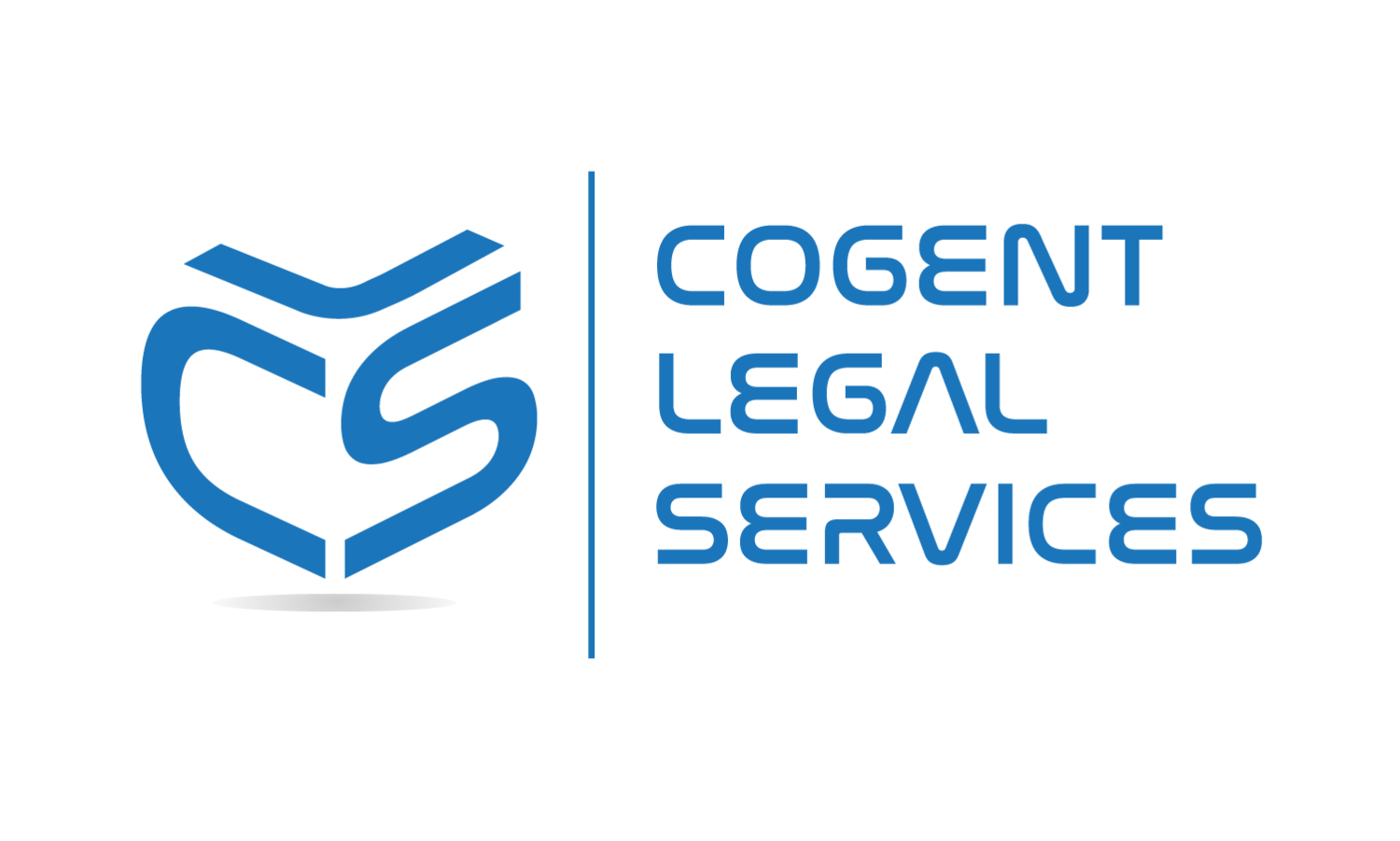The Challenges and Benefits of Remote Depositions in the Digital Age
In the midst of the coronavirus pandemic, the legal industry has embraced technology to adapt and continue legal proceedings. Remote depositions have become a common practice, offering convenience and flexibility while ensuring the legal process moves forward. However, there are challenges that arise when relying on technology for depositions. In this article, we will explore the benefits and issues associated with remote depositions and discuss how Cogent Legal Services can assist in overcoming these challenges.
The Rise of Remote Depositions in the Digital Era
In response to the COVID-19 pandemic, legal proceedings have undergone a significant transformation. Remote depositions, which allow witnesses to provide sworn testimony from a remote location, have gained prominence. This shift has enabled essential legal processes, including hearings, trials, and client meetings, to continue uninterrupted. Among these proceedings, depositions hold particular significance as they provide valuable information for legal cases.
Benefits and Advantages of Remote Depositions
Remote depositions offer numerous benefits, contributing to their increasing popularity. First and foremost, they ensure timely access to witness statements, which are crucial for planning legal strategies and building a strong case. Additionally, remote depositions allow relevant parties to convene virtually, overcoming geographical limitations. This accessibility helps save time and costs associated with travel and accommodation. Moreover, remote depositions facilitate the efficient gathering of information while adhering to social distancing guidelines.
Challenges Faced During Remote Depositions
Despite the advantages, remote depositions present certain challenges that need to be addressed. One significant issue is technology glitches, which can disrupt the quality and progress of the deposition. Common problems include login issues, connectivity problems, video lag, sound/microphone issues, and hardware malfunctions. Proper guidance and assistance are crucial to minimizing these technical challenges.
Technological Glitches: Overcoming Technical Issues
Some participants may lack familiarity with virtual platforms and encounter difficulties in navigating the technology involved in remote depositions. These challenges can be alleviated by having dedicated tech professionals available to offer support before and during the deposition. Their expertise can assist users in resolving common technical issues, ensuring a smooth deposition experience.
Technological Challenges for Users: Providing Technical Assistance
Remote depositions bring the challenge of potential distractions in participants' environments. Unlike controlled conference rooms, individuals may join the deposition from their homes or other locations. While it is challenging to control external factors, reminding everyone to log in from a quiet and distraction-free area can help minimize disruptions and maintain focus during the deposition.
Environmental Distractions: Promoting a Focused Deposition Environment
In a remote deposition, the absence of personal dynamics can affect the overall experience. Attorneys often rely on nonverbal cues, body language, and facial expressions to assess witnesses' responses and adjust their line of questioning accordingly. While virtual platforms do provide some visual cues, subtle nuances may be missed. Adaptation and effective communication become crucial in compensating for the lack of personal dynamics.
Lack of Personal Dynamics: Adapting to Virtual Interactions
Remote depositions have proven to be a successful alternative to in-person proceedings and are likely to continue even beyond the pandemic. However, addressing the challenges associated with remote depositions is essential to maximize their potential. Cogent Legal Services recognizes the importance of technology adoption in the legal industry and offers a range of services to assist with remote depositions. Our dedicated team is committed to ensuring efficient and productive deposition experiences for our clients.
The Future of Remote Depositions and Cogent Legal Services' Support
The COVID-19 pandemic has accelerated the integration of technology into legal proceedings, particularly in the case of remote depositions. While they offer numerous benefits, challenges related to technology, user familiarity, distractions, and personal dynamics must be overcome. By partnering with Cogent Legal Services, legal professionals can navigate these challenges effectively and conduct remote depositions efficiently, paving the way for a successful future in the digital age.
Conclusion
In the digital age, remote depositions have become an integral part of legal proceedings. While they bring numerous benefits, challenges such as technology glitches, user familiarity, environmental distractions, and the lack of personal dynamics need to be addressed. By recognizing and addressing these challenges, Cogent Legal Services aims to support legal professionals in conducting remote depositions efficiently and effectively. Through the integration of technology and dedicated support, remote depositions can be a successful and productive part of the legal process.

